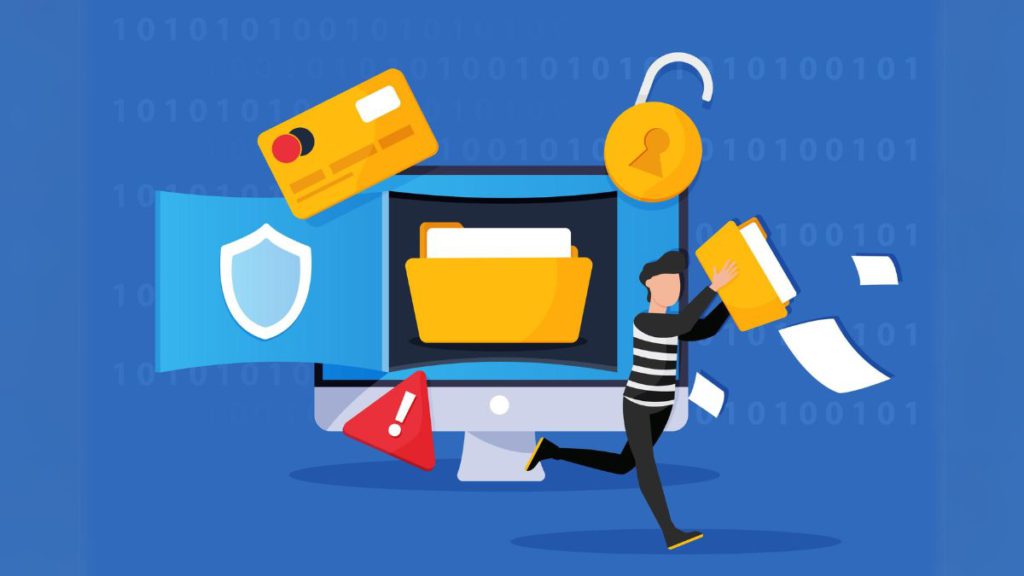As technology and digital platforms become more prevalent, data breaches have become a significant concern for companies in the United States. An unauthorized individual breaches data when they gain access to confidential information, such as personal or financial data. Such breaches can lead to significant economic losses, reputational damage, and legal consequences for companies.
To protect themselves against data breaches, US companies should take proactive measures to secure their data and prevent unauthorized access. In case of any data breach, a personal data breach lawyer should be consulted to handle the legal aspects of the situation.
Today, we will discuss some steps US companies can take to protect themselves against data breaches.
Regularly Update Systems and Software
One of the most critical steps in preventing data breaches is regularly updating all systems and software. This includes operating systems, security software, and any other programs or applications the company uses. The vulnerabilities in outdated software can be exploited by hackers to access data.
Unpatched vulnerabilities are common for ransomware attacks and data breaches that affect the healthcare industry. To avoid becoming part of this statistic, companies should implement a regular patching and update schedule for all their systems and software.
Utilize Encryption
Encryption is another essential tool in protecting data from breaches. Encryption involves converting plain text into code, making it unreadable to unauthorized individuals. This makes it challenging for hackers to access sensitive information, even if they do manage to breach the system.
US companies should use encryption for data at rest (stored on devices or servers) and in transit (shared over networks). The use of secure protocols such as HTTPS and SSL is recommended for all website traffic and email encryption for sensitive communications.
Implement Strict Access Controls
Preventing data breaches requires controlling access to data. Companies should have strict access controls to limit who can view, modify, or delete sensitive information. This includes utilizing multi-factor authentication (such as a password and a physical token) for employees accessing company systems and data.
Additionally, access to sensitive data should be restricted based on job roles and responsibilities. In order to fulfill their duties, only those with a need to access the data should be granted permission to view or manipulate the data.
Train Employees on Security Protocols
Employees are always the weakest link in a company’s security chain, making training essential in preventing data breaches. Companies should provide regular training and education on security protocols, such as identifying phishing scams, creating secure passwords, and avoiding social engineering tactics.
Additionally, employees should be made aware of the company’s policies and procedures regarding data protection. This includes not sharing login credentials or sensitive information with unauthorized individuals.

Conduct Regular Security Audits
Regularly reviewing and auditing security systems, processes, and policies can help identify any vulnerabilities or weaknesses that could lead to a data breach. Companies should conduct annual internal audits and use external auditors for a more in-depth analysis.
Audits should include testing the effectiveness of access controls, encryption methods, and system updates. In the event of any issues being identified, they need to be addressed as soon as possible in order to ensure the company’s data remains secure.
Finally!
As technology advances, it’s more important than ever for US companies to protect themselves against data breaches. By regularly updating systems and software, utilizing encryption, implementing strict access controls, training employees on security protocols, and conducting regular audits, companies can significantly mitigate their risk of data breaches.
Incorporating these measures into their overall data security strategy will protect companies from potential financial and reputational damage and ensure compliance with industry regulations. US companies must prioritize data protection in today’s digital landscape to safeguard their businesses and customers’ confidential information.


